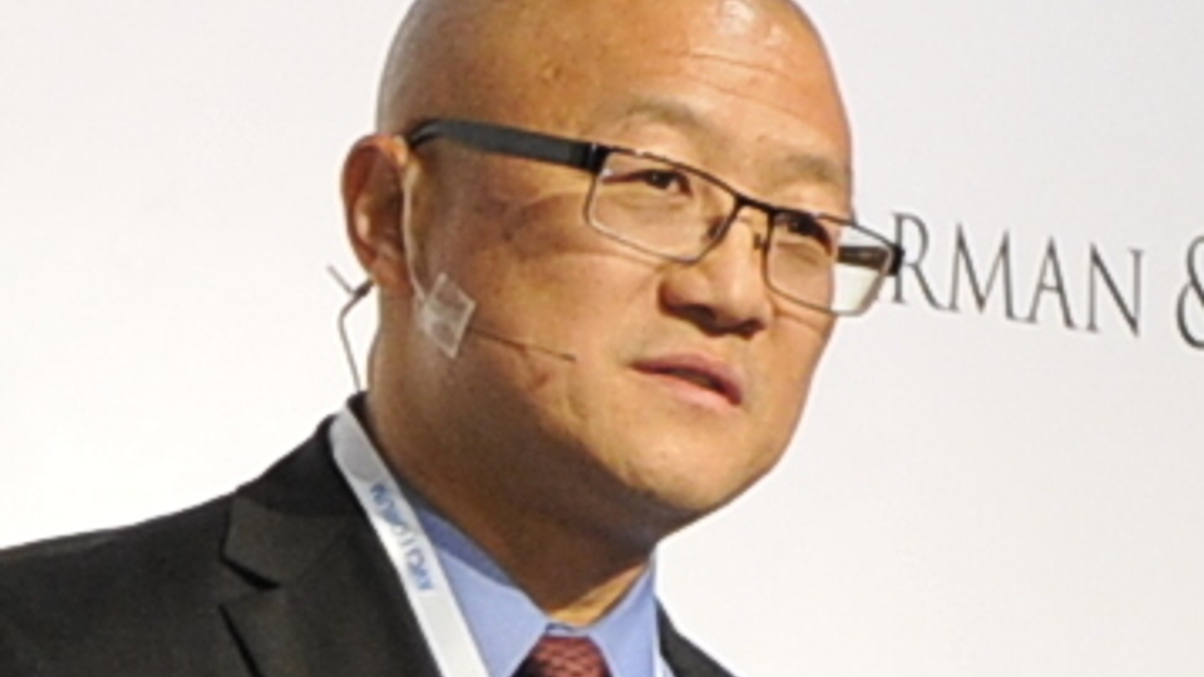CIC, Illinois Teachers eye cross-border deals
China Investment Corporation and the US state pension fund cite benefits of private equity investors and managers working together on Asian-Western partnerships.

China Investment Corporation (CIC) and Illinois Teachers’ Retirement System have been talking up the benefits of private equity investors and managers collaborating on cross-border deals.
Sign in to read on!
Registered users get 2 free articles in 30 days.
Subscribers have full unlimited access to AsianInvestor
Not signed up? New users get 2 free articles per month, plus a 7-day unlimited free trial.
¬ Haymarket Media Limited. All rights reserved.


